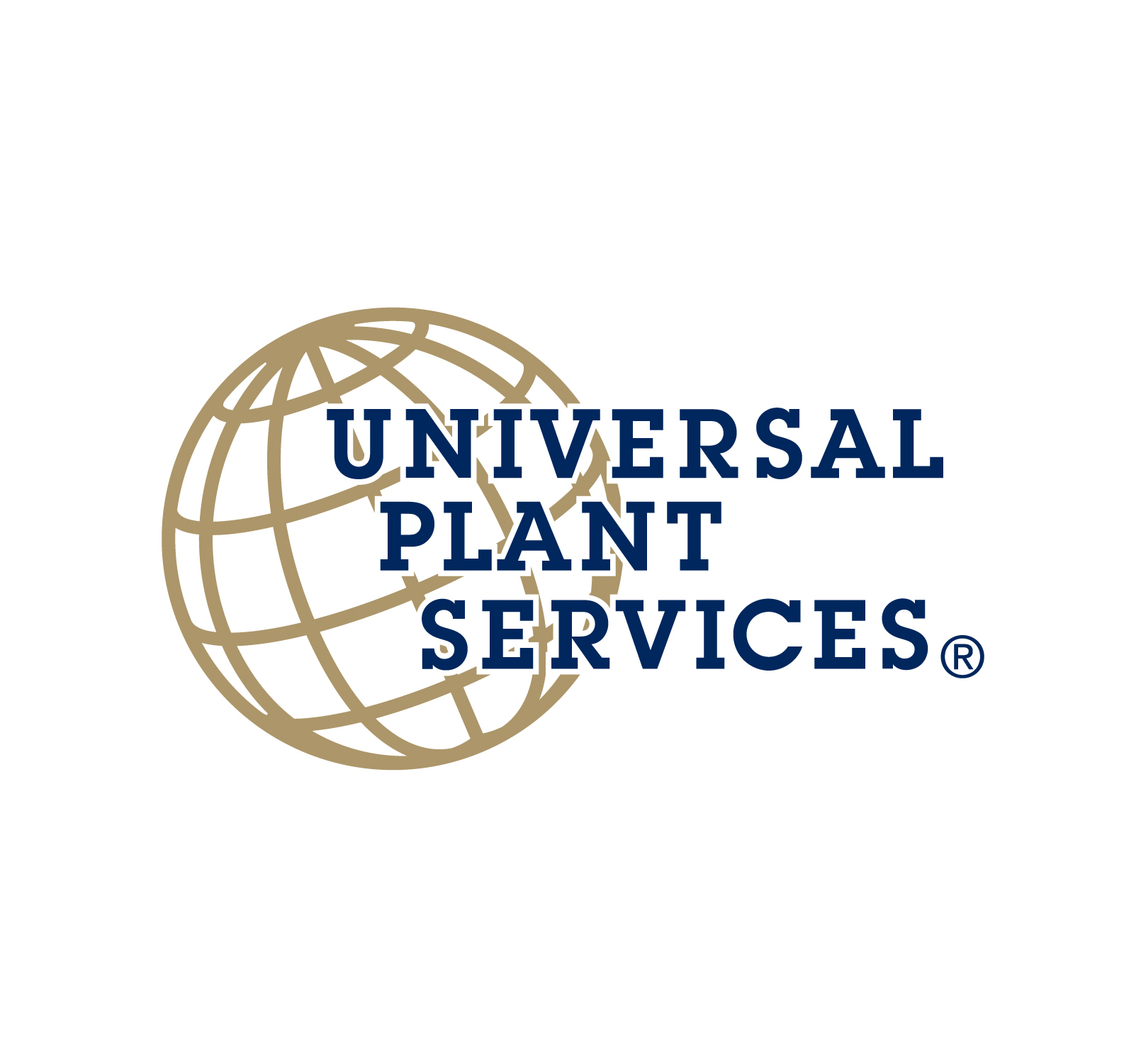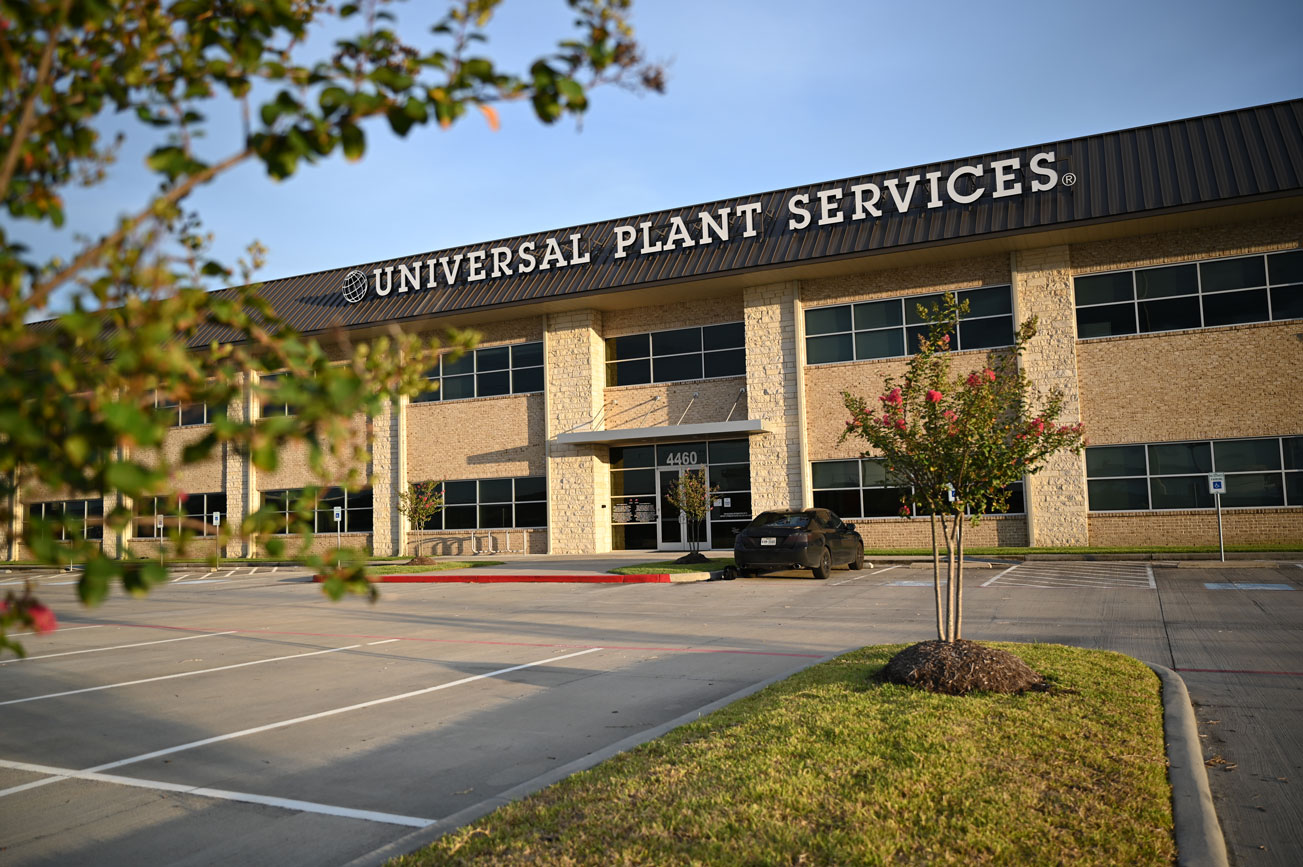“`html
Universal plant Services: A Comprehensive Overview
Universal Plant Services: A Comprehensive Overview
In the intricate tapestry of industrial operations, plants and facilities serve as the beating heart of production. From petrochemical refineries and power generation stations to manufacturing hubs and processing plants, the efficient and reliable operation of these facilities is paramount. Universal Plant Services (UPS) encompass a broad spectrum of activities designed to maintain, repair, and optimize plant infrastructure, ensuring uninterrupted production, enhanced safety, and prolonged asset lifespan. This comprehensive overview delves into the multifaceted world of UPS, exploring its key components, challenges, and future trends.
The Core Pillars of Universal Plant Services
UPS is not a monolithic entity but rather a collection of specialized services that address various aspects of plant operations. These services can be broadly categorized into the following pillars:
Maintenance and Repair

At the heart of UPS lies the fundamental task of maintenance and repair. This encompasses a wide range of activities, including:
Preventive maintenance: Regular inspections, lubrication, and component replacements to prevent breakdowns and extend equipment life.
Corrective maintenance: Addressing equipment failures and malfunctions promptly to minimize downtime and restore operational efficiency.
Predictive maintenance: Utilizing advanced technologies like vibration analysis, infrared thermography, and oil analysis to anticipate potential failures and schedule maintenance proactively.
Turnaround, Shutdown, and Outage (TSO) services: Planning and executing major maintenance events during planned shutdowns to overhaul equipment, replace components, and upgrade systems.
Inspection and Testing
Ensuring the integrity and safety of plant infrastructure requires rigorous inspection and testing. Key services in this area include:

Non-destructive testing (NDT): Employing techniques like ultrasonic testing, radiography, and magnetic particle inspection to detect flaws and defects without damaging the equipment.
Pressure testing: Verifying the integrity of pressure vessels, pipelines, and other pressurized systems to ensure safe operation.
Corrosion monitoring: Assessing the rate of corrosion and implementing mitigation strategies to prevent structural damage and leaks.
Electrical testing: Ensuring the safety and reliability of electrical systems through insulation resistance testing, circuit breaker testing, and other diagnostic procedures.
Fabrication and Construction
Modifications, expansions, and new installations often require fabrication and construction services. These services include:
Structural steel fabrication and erection: Designing, fabricating, and installing structural steel components for buildings, platforms, and other plant infrastructure.
Piping fabrication and installation: Manufacturing and installing piping systems for various applications, including process piping, utility piping, and fire protection systems.
Equipment installation and rigging: Installing and aligning heavy equipment, such as pumps, compressors, and turbines.
Welding and fabrication: Performing welding and fabrication services to meet specific project requirements.
Engineering and Project Management
Effective planning, execution, and control of plant services require robust engineering and project management capabilities. These services encompass:
Project planning and scheduling: Developing detailed project plans, schedules, and budgets to ensure timely and cost-effective completion.
Engineering design and analysis: Providing engineering expertise to design and analyze plant systems and components.
Procurement and materials management: Sourcing and managing materials and equipment for plant projects.
Quality control and assurance: Implementing quality control procedures to ensure that work is performed to the highest standards.
Specialized Services
In addition to the core pillars, UPS providers often offer specialized services tailored to specific industries or equipment types. These may include:
Rotating equipment services: Maintaining and repairing rotating equipment like pumps, compressors, and turbines.
Valve services: Overhauling and repairing valves of various types and sizes.
Heat exchanger services: Cleaning, repairing, and retubing heat exchangers.
Refractory services: Installing and repairing refractory linings in furnaces and kilns.
Challenges in Universal Plant Services
The provision of UPS is not without its challenges. These challenges include:
Aging Infrastructure
Many industrial plants are aging, leading to increased maintenance requirements and a higher risk of equipment failures. This necessitates proactive maintenance strategies and investment in asset integrity programs.
Skilled Labor Shortages
The demand for skilled labor in the industrial sector is high, and finding qualified technicians, engineers, and project managers can be challenging. This requires investment in training and development programs to attract and retain talent.
Safety Concerns
Plant operations can be hazardous, and ensuring the safety of personnel is paramount. This requires strict adherence to safety regulations, comprehensive safety training, and the implementation of robust safety management systems.
Technological Advancements
The rapid pace of technological advancements requires UPS providers to stay abreast of the latest technologies and adapt their services accordingly. This includes the adoption of digital technologies, automation, and data analytics.
Cost Pressures
Industrial companies are under constant pressure to reduce costs and improve efficiency. This requires UPS providers to offer cost-effective solutions and optimize their operations.
Future Trends in Universal Plant Services
The future of UPS is likely to be shaped by several key trends:
Digitalization and Automation
The adoption of digital technologies, such as the Internet of Things (IoT), artificial intelligence (AI), and machine learning, is transforming UPS. These technologies enable predictive maintenance, remote monitoring, and automated inspections, leading to improved efficiency and reduced downtime.
Data Analytics and Predictive Maintenance
The use of data analytics to analyze plant data and predict equipment failures is becoming increasingly prevalent. This allows for proactive maintenance scheduling and prevents costly unplanned outages.
Remote Monitoring and Diagnostics
Remote monitoring and diagnostics capabilities are enabling UPS providers to monitor plant equipment from remote locations and diagnose problems without physically being on-site. This reduces travel costs and improves response times.
Robotics and Automation
Robotics and automation are being increasingly used in UPS to perform tasks such as inspections, welding, and cleaning. This improves safety, reduces labor costs, and increases efficiency.
Sustainability and Environmental Responsibility
The growing focus on sustainability and environmental responsibility is driving the adoption of environmentally friendly practices in UPS. This includes the use of energy-efficient equipment, the reduction of waste, and the implementation of sustainable maintenance practices.
Conclusion
Universal Plant Services play a critical role in ensuring the safe, efficient, and reliable operation of industrial plants. By providing a comprehensive range of maintenance, repair, inspection, and engineering services, UPS providers help companies minimize downtime, extend asset lifespan, and optimize production. As technology continues to evolve and the industrial landscape undergoes transformation, UPS providers must adapt and innovate to meet the changing needs of their clients. By embracing digitalization, automation, and data analytics, UPS providers can enhance their capabilities and deliver even greater value to the industrial sector. The future of UPS is bright, and those who embrace innovation and adapt to the changing landscape will thrive in this dynamic and essential industry.
“`
